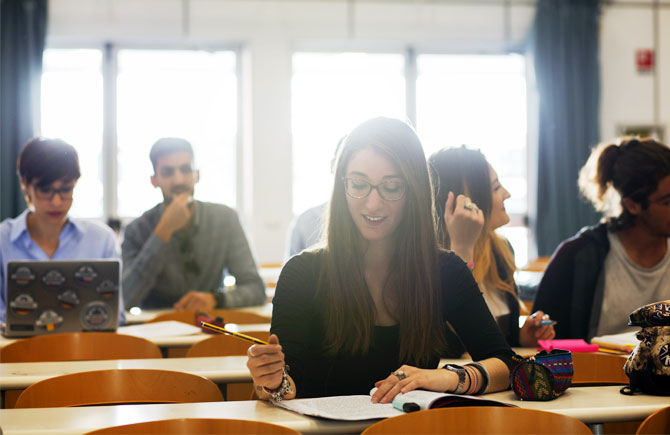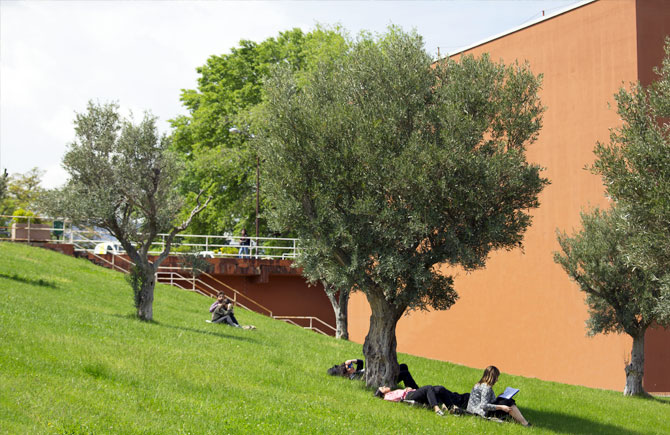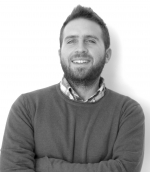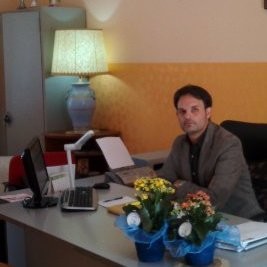- Focus on the individual, Responsibility, and Solidarity
- Multidisciplinarity
- Learning by doing
- Social welfare, social health, and social rehabilitation policies
- Prevention, support and recovery of individuals, families, groups and communities in situations of need and distress
- Management tasks, collaboration in organization and planning, coordination and management of specific actions in the field of social policies and services.
Social work, sociology, psychology, psychiatry, law and rights, history, economics, social ethics, English, and statistics.The teaching approach of the Bachelor’s degree combines traditional and experiential modes. Specifically:
- Theoretical lectures flanked by exercises and laboratories
- Development of individual and group projects
- Talks with social workers
- Professional internships
Students participate in a call for admission. Admission requirements are listed in the announcements:
- early (deadline May 30th): recommended to secure a place; high school seniors may also participate, students are admitted through a selective test TOLC
- standard (July/August)
- postponed (September/October), if there are still places available
Only those admitted can enroll. Non-EU students can participate in a specific call (March / April), pre-registration on universitaly.it is required
L39 Social Services
Course description
This program allows students to understand and test the principles and methodologies of social work. Students will study sociology, history, law, psychology and social work disciplines, with particular focus on theories, methods and techniques of this sector. Internships carried out in public institutions, third sector and private companies, are one of the pillars of professional training. They help students to be in close contact with the professional environment and, through the “learning by doing” approach, they allow students to acquire additional skills useful to develop and implement actions for individuals, families, groups and communities.
Students with a secondary school diploma or another qualification obtained abroad and recognized as suitable by the university. Basic knowledge in languages, mathematics and logics as well as general culture is necessary. Students’ educational background is assessed through tests.
The aim of the course is to prepare students to work in complex social and organizational environments, to develop multidisciplinary skills, also in collaboration with other professionals, to interpret individual and collective needs, and to design and implement interventions for individuals, groups and communities.
After passing the State Examination to qualify as professionals (section B of the Professional Register of Social Workers), social workers can work in ministerial bodies, in initiatives managed by municipalities, and in the health sector. In the private sector, they will work in cooperatives, associations and foundations that provide social interventions and services.

Fees, contributions and exemptions
Costs calculated based on family income (ISEE-University) and including:
- fee for the equal access to university studies (from 130€ to 160€);
- annual amount (from 0 (if ISEE-University <= € 22,000) to € 2,000);
Flat tax = €1,000 for international students (UE and non UE)
With a family income (ISEE-University < € 24,000) students are entitled to receive:
- Scholarship consisting of total exemption from taxes, cash share, canteen and accommodation service (for off-site students)
- Grants for international mobility
- Reduced rates for the use of sports facilities and cultural services
- Benefits for students completing their degrees within regulation time
Exclusively on grounds of merit, students can obtain:
- International mobility grants (Erasmus)
- Free accommodation and canteen services published in the call DUnicAL career program for student-athletes.
Discover the career of former students

Life on Campus
In the largest and best equipped campus in Italy students will experience the sense of a unique university community, sharing educational, recreational, sporting and cultural events with fellow colleagues and professors. The Campus is equipped with lecture rooms, a sports center, theaters, amphitheaters, cinemas, cafes, refreshment areas and other places for socialization, thus offering an extraordinary human and educational experience.
Discover more
Services to Students
Unical is organized as an independent town that provides the best possible solutions of accommodation for students and staff living on campus, because it offers multiple services for study activities and for individual and collective well-being: libraries, the Language Learning Center, counselling and inclusion services. The Campus also includes a health center, a post office, a bank counter and a mindfulness dedicated area.
Discover more
Residential Center
It complements and completes the services provided by the University of Calabria and has put into shape the idea of a British-American campus-style University. It encompasses 10 districts hosting the university residences, consisting of apartments with double and single rooms, living room, kitchen and toilets. In these districts there are common areas for study and recreational activities and sports, there are TV rooms, game rooms and gyms; launderettes and bike rental services are also available.
Discover moreRequest information for this course
If you want to know more about the Degree Course
For details on the contents of the individual courses, periods of training abroad, teachers, tutors, classrooms, laboratories, research centers, other structures and social initiatives visit the website of the Degree Course.
Go to the institutional website


